Senior Hezbollah official: US, Saudi embassies in Beirut impeding election of next Lebanon president
A high-ranking official with the Lebanese Hezbollah resistance movement says the embassies of the United States and Saudi Arabia in Beirut are creating obstacles on the path of electing a new president, with just a week left until outgoing President Michel Aoun's term ends.
“It is no longer a secret for the Lebanese nation that the Saudi embassy is interfering in the election of a new president, just as it meddled in Lebanon's [May 15] legislative poll,” Sheikh Nabil Qaouk, deputy head of the executive council of Hezbollah, said.
“This time the intervention is open and without any intermediaries to the extent that some lawmakers complain about being placed under unrelenting pressure from the US and Saudi embassies,” he pointed out.
Sheikh Qaouk underlined that the US and Saudi interference would produce only one result, which would be the complication of the process of electing the next president and fomenting divisions over a candidate to succeed Aoun.
He further stated that the American and Saudi ambassadors and their acolytes are looking for a president who would confront the Hezbollah resistance movement, and would best serve the interests of Washington and Riyadh.
The remarks come as Lebanon's parliament failed on Monday for a fourth time to elect a president.
Only 114 lawmakers in Lebanon's 128-seat parliament attended the vote’s first round. A total of 50 legislators left their votes blank.
Christian politician Michel Moawad, the son of former president Rene Moawad, received 39 votes, and prominent historian and academic Issam Khalife garnered 10.
Thirteen lawmakers, meanwhile, voted for “New Lebanon”, one voted for “For Lebanon”, as Jamil al-Sayyed cast an annulled ballot carrying “condolences” over the situation.
Parliament Speaker Nabih Berri called for another vote on Thursday in the hope of overcoming long-running arguments.
Deep divisions among lawmakers have raised fears Lebanon could be left without a president after Aoun's mandate expires at the end of October.
The incumbent's own election in 2016 came after a 29-month vacancy at the presidential palace as lawmakers made 45 failed attempts to reach consensus on a candidate.
“If there is a political vacuum, the economic crisis would intensify and there is a clear risk of security incidents,” analyst Karim Bitar said.
The international community has pressed Lebanese lawmakers to elect a new president in “timely” fashion to prevent the country from plunging deeper into crisis.
Lebanon is under pressure from the International Monetary Fund to streamline the implementation of reforms required to unlock billions in loans before Aoun's term expires.
The Lebanese pound has lost more than 95 percent of its value on the black market since 2019.
According to the United Nations, the ongoing financial crisis in Lebanon has caused poverty rates to reach more than 80 percent of the population, and food prices have risen by 2,000 percent.
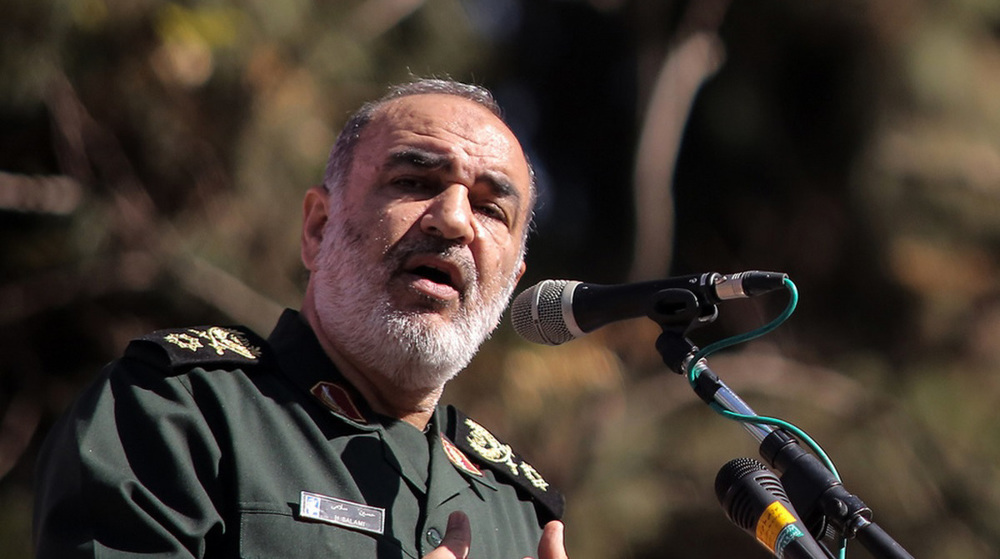
Flying warplanes over Beirut funeral exposed enemy’s fear of power, unity of nations: IRGC
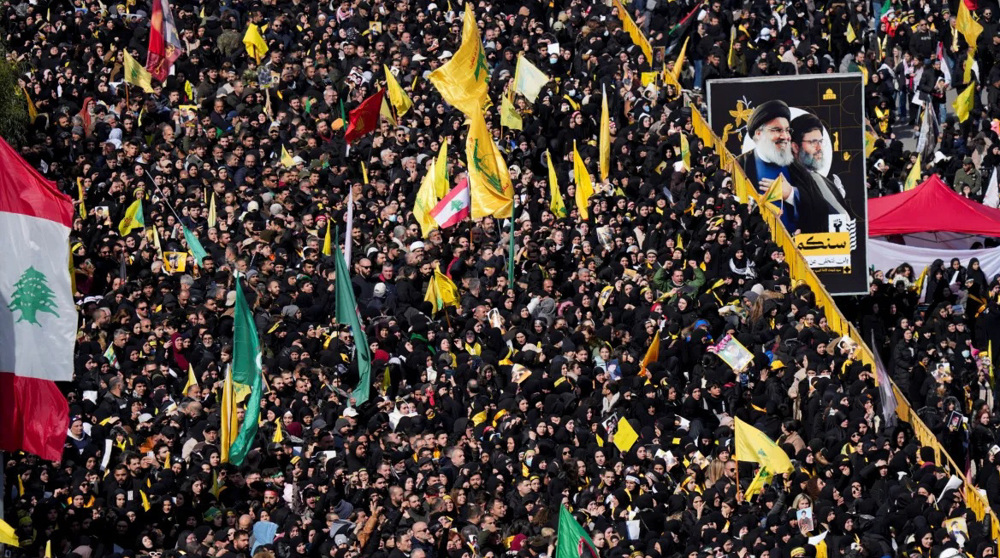
Hezbollah's display of power proved resistance cannot be eliminated: Iran parl. speaker
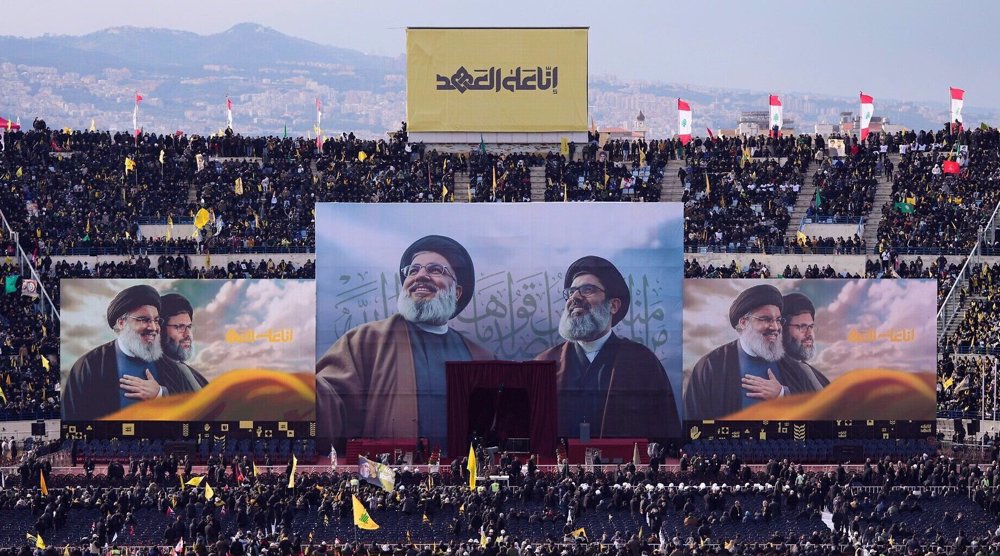
Nasrallah shattered myth of Israeli military’s invincibility: Top Yemeni official
Hamas: Deal reached with Israel to release 620 Palestinians following delay
Iran’s parliament speaker, foreign minister meet Hezbollah chief in Beirut
Hamas condemns Israeli strikes on Damascus, southern Syria
Over 160 Gazan medics held in Israeli jails subjected to torture: Report
IRGC chief: Enemies have yet to receive ‘serious’ blows
Russia: Unilateral US sanctions against Iran illegitimate, illegal
Bibas family threatens to sue Israeli regime over propaganda ruse
VIDEO | Vigil held outside Israeli embassy in Washington to remember Aaron Bushnell


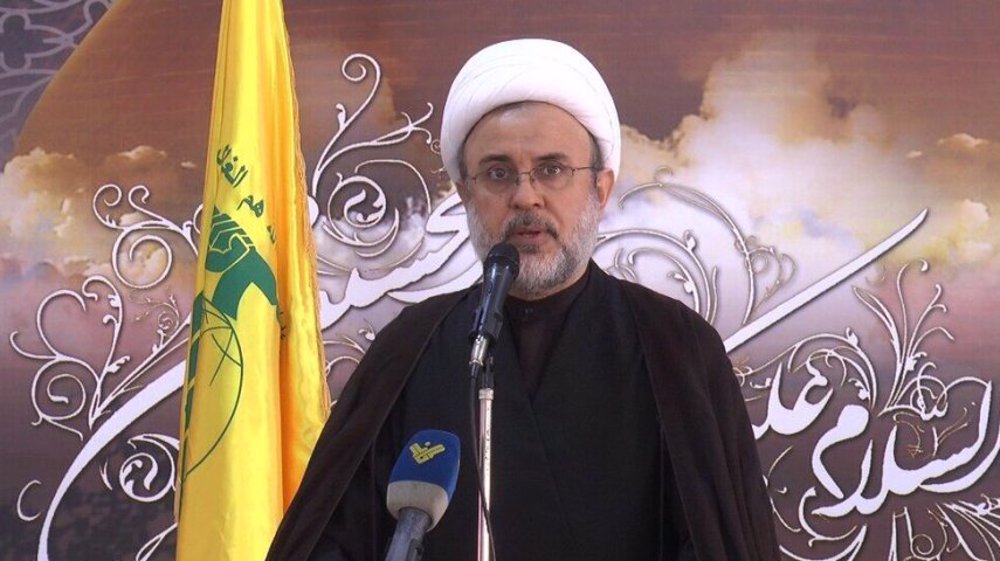
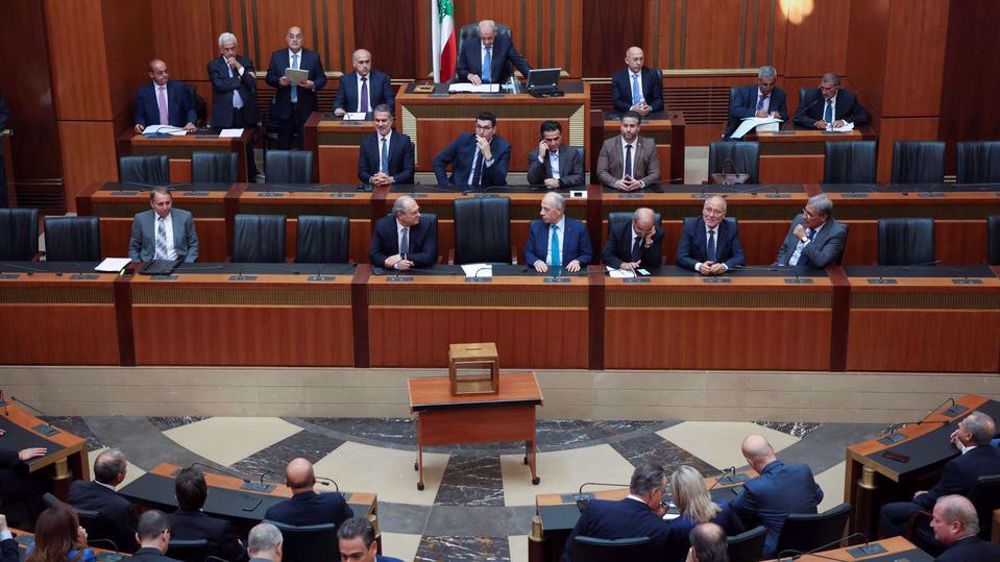
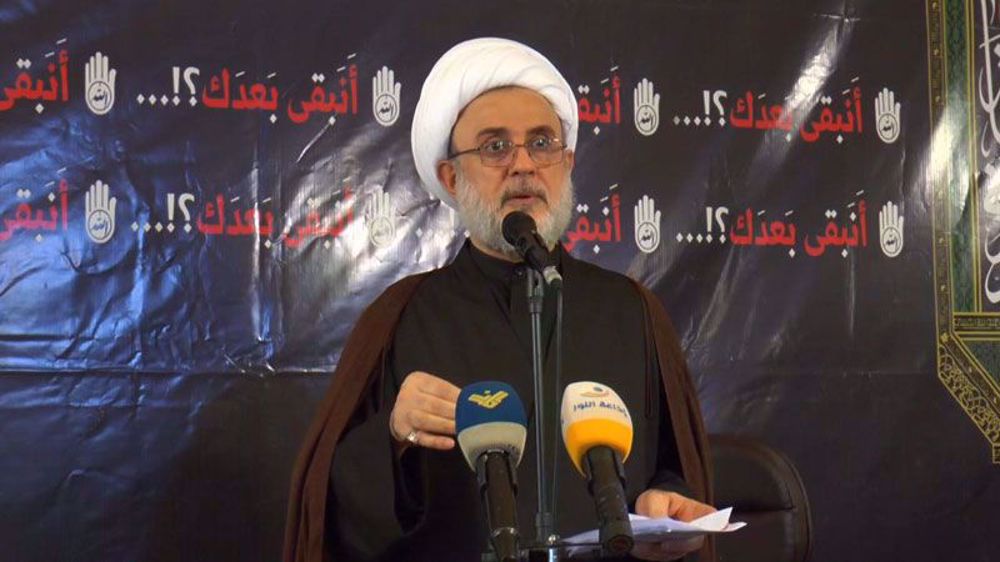




 This makes it easy to access the Press TV website
This makes it easy to access the Press TV website